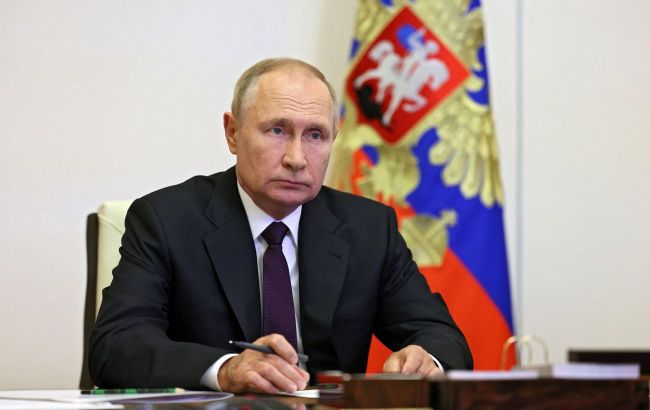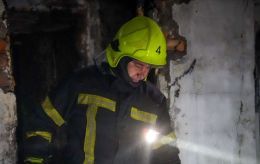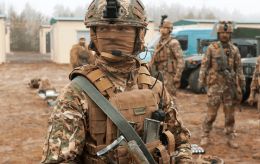Putin receives assurances Mongolia won't arrest him – Bloomberg
 Photo: Russian dictator Vladimir Putin (Getty Images)
Photo: Russian dictator Vladimir Putin (Getty Images)
Russian President Vladimir Putin has received assurances that he will not be arrested in Mongolia on an ICC warrant. The country has ratified the Rome Statute, according to Bloomberg.
According to Bloomberg sources, there are no threats to Putin's visit to Mongolia, as he has received assurances that he will not be arrested for alleged war crimes under the International Criminal Court's warrant.
"We have no such problem," Kremlin spokesman Dmitry Peskov said.
Putin's visit to Mongolia is scheduled for September 3, marking his first trip to an ICC member country since the arrest warrant was issued. The warrant, issued in March last year, relates to the abduction of children from occupied areas of Ukraine.
It is noted that Mongolia, as a signatory to the Rome Statute, which governs the court's activities, is obligated to execute the warrant and arrest Putin if he enters its territory.
According to Bloomberg, officials from the President's administration, the Prime Minister's office, and Mongolia's Foreign Ministry did not immediately respond to requests for comment on Putin's visit.
However, on Friday, Mongolia's Foreign Ministry held a meeting with representatives from various foreign embassies. They explained that Putin's visit is formally linked to the commemoration of the 85th anniversary commemorations of the 1939 battles at Khalkh Gol against Japanese forces.
Putin's other trips
Putin previously avoided traveling to countries that have ratified the Rome Statute. For instance, he skipped last year's BRICS summit in South Africa, which also includes China, Brazil, and India, after the host country indicated it would have to execute the ICC warrant as a member state.
Putin also chose not to attend the G20 summit in India last year, despite India not being an ICC member. Additionally, Putin has been invited to the G20 summit in Brazil, scheduled for November. However, President Luiz Inácio Lula da Silva stated that the question of whether to arrest Putin as a signatory of the Hague court's agreement will be decided by the judiciary.
Background
In March of last year, the ICC issued an arrest warrant for Russian President Vladimir Putin and Russia’s Commissioner for Children's Rights, Maria Lvova-Belova.
The warrant is based on allegations that these two individuals may be responsible for the deportation of Ukrainian children to Russia. According to ICC President Piotr Hofmański, the execution of the decision depends on international cooperation.

